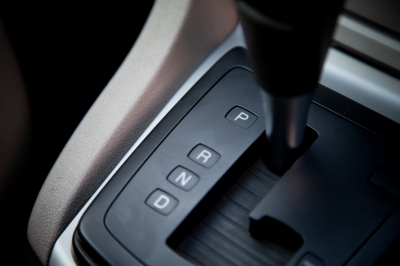Autos
3 Tips For Buying A Salvage Car

Buying a salvage auto can be a smart choice for budget conscious car buyers. If you’re willing to incur some risk you can find a quality automobile which may need minimal work to get the car into workable condition.
Do your homework on the car’s worth versus the description of damages to understand if you’re buying a bargain or potential lemon.
Get a Feel for the Car’s Damage
Many salvage automobiles were involved in some type of accident. Whether the auto experienced a massive crash or some less damaging affair you’ll need to assess the overall damage done to the car to effectively value the automobile.
Keep in mind that fire damage and flood damage are other causes for salvaging an auto in some states. Do your research to find out if you live in such a state. Cars affected by fire and flood damage may be difficult to fix. Even though all looks okay on the surface the car may require heavy interior work to become operable.
Label the car with bad or good crash damage. “A” level damage would be considered terrible and “D” level damage means the car has workable damage. After rating the auto on the A to D scale you can decide if the ride is worth the buy.

Know the Purchase Details
Consider the resale, claims, registration, financing, warranty and insurance before you buy a salvage car. Understand that buying a salvage car means that if you choose to resell the car you’ll make less money compared to selling a new or used vehicle.
Even if you’re insurance company offers comprehensive coverage you’ll likely receive no more than 80% coverage for your salvage car.
States vary as far as registration of salvage vehicles. Some states require a repair shop to certify your salvage car before it can be registered while other states will only register your auto after a police officer has inspected it.
As far as financing is concerned your purchase will likely be an all cash deal. Few sellers offer financing or other financial instruments to move a salvage car.
Some salvage dealers may provide a warranty but in most cases don’t expect to receive a warranty on such a car.
You’ll likely receive liability insurance in most states but before you make a purchase explore the options available to you.
Trust Your Gut
Comparing the dealer’s description of damages suffered versus the value of the car can help you decide if the ride is worth a buy. An older salvage car with minimal damage is usually the best buy. This is because the cost of the repair of any salvage car should exceed the worth of the vehicle.
If a dealer is offering a new salvage car you’ll likely be investing a significant amount of money to pay for repairs. Stick to buying older salvage cars with minor damages caused by a fender bender to get the best value for your buck.
Visit SalvageReseller.com to browse salvage Hondas vehicles.
-

 Tech11 years ago
Tech11 years agoCreating An e-Commerce Website
-

 Tech11 years ago
Tech11 years agoDesign Template Guidelines For Mobile Apps
-

 Business6 years ago
Business6 years agoWhat Is AdsSupply? A Comprehensive Review
-

 Business10 years ago
Business10 years agoThe Key Types Of Brochure Printing Services
-

 Tech8 years ago
Tech8 years agoWhen To Send Your Bulk Messages?
-

 Tech5 years ago
Tech5 years ago5 Link Building Strategies You Can Apply For Local SEO
-

 Law5 years ago
Law5 years agoHow Can A Divorce Lawyer Help You Get Through Divorce?
-

 Home Improvement6 years ago
Home Improvement6 years agoHоw tо Kеер Antѕ Out оf Yоur Kitсhеn































